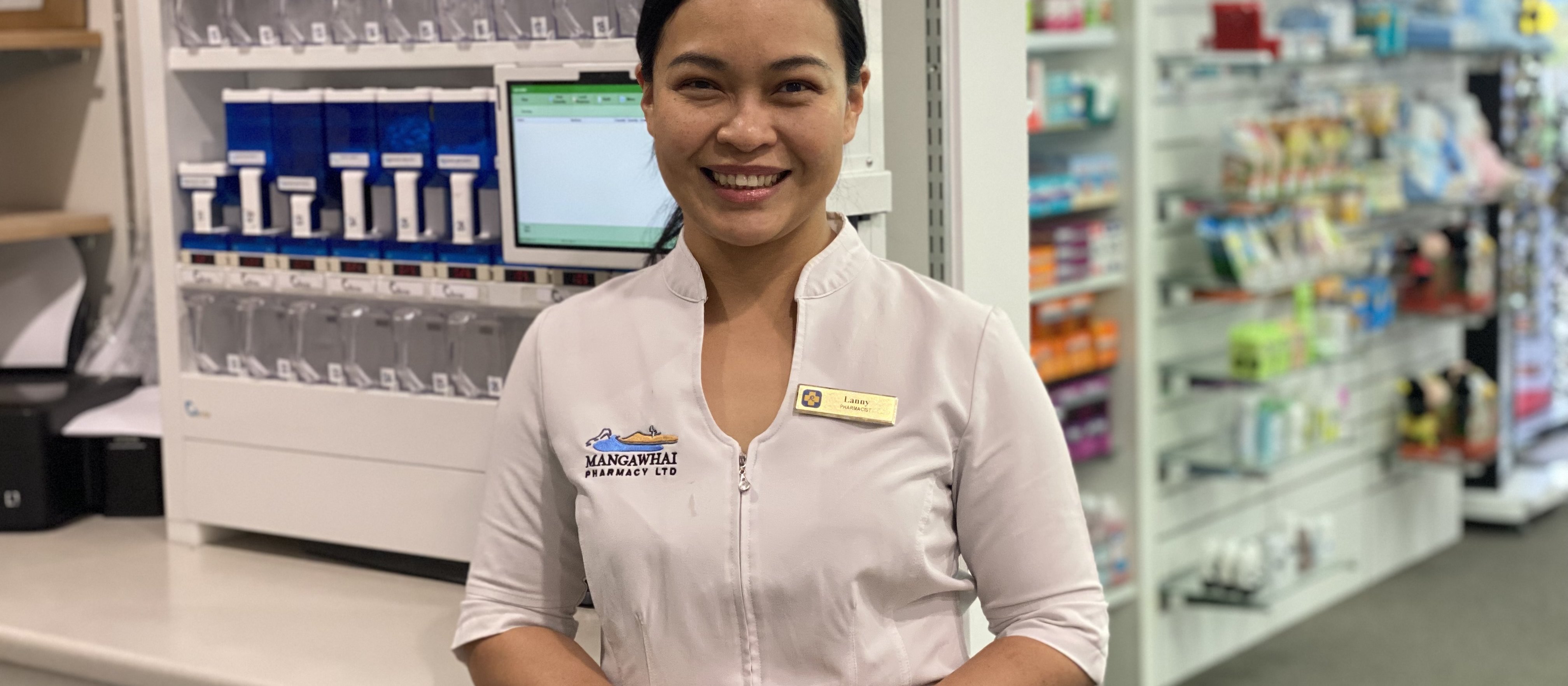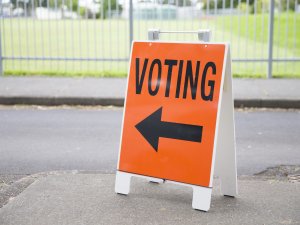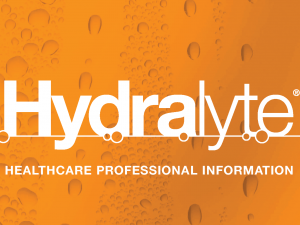Academic pharmacist Nataly Martini provides key information on Helicobacter pylori pathophysiology, diagnosis and evidence-based treatment strategies to enhance patient outcomes
Benefits of universal prescription fee removal highlighted in survey
Benefits of universal prescription fee removal highlighted in survey

It’s not efficient to use pharmacists as tax collectors, doing that will take pharmacists away from patient care and our survey clearly demonstrates that
Removing the $5 prescription fee has made healthcare in New Zealand demonstrably better and pharmacists think National’s plan to restore the fees for most people will have “disastrous” consequences, a survey conducted by the Prescription Access Initiative shows.
Between 16 and 31 October, PAI conducted an online survey of pharmacists asking them about their experiences since the prescription fee was removed.
The survey received 237 anonymous responses, representing staff from at least 119 pharmacies.
Some key results from the survey are:
- 92 per cent of respondents reported having longer conversations with patients about their health, including educating and enabling patients to better manage chronic conditions such as diabetes and asthma.
- 67 per cent reported expanding their health services since the fee came off, including offering vaccinations, ear suctioning, and screening for sleep apnoea, heart disease or Hepatitis C.
- 97 per cent reported more patients are picking up their medicines and 94 per cent reported they are no longer seeing patients choosing which of several prescribed medicines to pick up based on cost.
- 87 per cent of pharmacy owner respondents agreed staff morale was better, due to job satisfaction from being able to offer better services and less abuse from patients about paying the prescription fee.
- 69 per cent reported higher volumes of prescriptions due to patients coming back from discount pharmacies.
On average, respondents reported pharmacies are saving more than 10 hours in staff time per week from prescription fee-related administration and explanation.
Based on this, PAI extrapolates that nationwide the prescription fee removal has saved pharmacies a weekly workload equivalent of 256 fulltime staff, which assists with current workforce pressures.
Mangawhai Pharmacy owner and PAI spokesperson Lanny Wong says universal prescription fee removal has allowed pharmacists to stop talking about money and start talking about healthcare with patients.
“If we go back to targeting, we are all very worried that we will be taking 500 steps backwards.”
Many respondents reported the time saved is allowing them to do a more thorough job with patients, in some cases uncovering potentially dangerous health issues.
“I have been able to use to check people’s inhaler use and have found four to five people who have been using their [inhalers] incorrectly. This has been a great intervention,” one Waikato respondent said.
“We had a discharge prescription from a newly diagnosed diabetic who left the hospital with no information about insulin, testing or self-care. Because we have slowed down our process and counselling time, the pharmacist was able to spend time showing her how to load and administer the pen, and give a good explanation of diabetes self-care. Plus, they hooked the patient up with the local diabetes support service,” another respondent said.
Ms Wong says the survey proves that not having to deal with prescription fee-related work frees pharmacies up to offer more services, and National should take note of that.
“This survey is actually showing something new, it’s showing that pharmacists are able to have more health conversations now and even just in the short time, three months, since prescription fees were removed we have been able to notice the benefits and time saving,” she says.
“That time actually gets put back into the community, and patients, by introducing better services in pharmacy.”
Survey respondents were also overwhelmingly against National’s plan to bring back prescription fees for most people, with many describing them as disastrous.
“I just want to cry and then close because it will make it so much harder,” one Northland respondent said, while an Otago respondent described National’s plan as “an absolute nightmare”.
Ms Wong is also concerned that National’s plan to return prescription fees for everyone except for Community Services Card holders and SuperGold Card holders will lead to some vulnerable patients missing out on free scripts even though they might be eligible.
Many beneficiaries and mental health patients do not have Community Services Cards because they have difficulty navigating the application process, she says.
National leader Christopher Luxon, speaking on RNZ’s Morning Report today, said National was committed to returning prescription fees, despite the concerns raised by PAI.
“We’re a country that has limited resources and we’re in a very difficult place thanks to the Labour Government that’s run our economy into the ground and choices have to be made,” Mr Luxon says. “I’d sooner take the money that you and I get subsidised on $5 prescription fees and open up 13 new cancer drugs.”
Ms Wong says having 13 new cancer drugs would be good, but she disagrees with Mr Luxon’s framing of the issue, which “pitches primary care against secondary care”.
“That’s not a good way to think about health, using it as a political football. It’s not efficient to use pharmacists as tax collectors, doing that will take pharmacists away from patient care and our survey clearly demonstrates that.”







